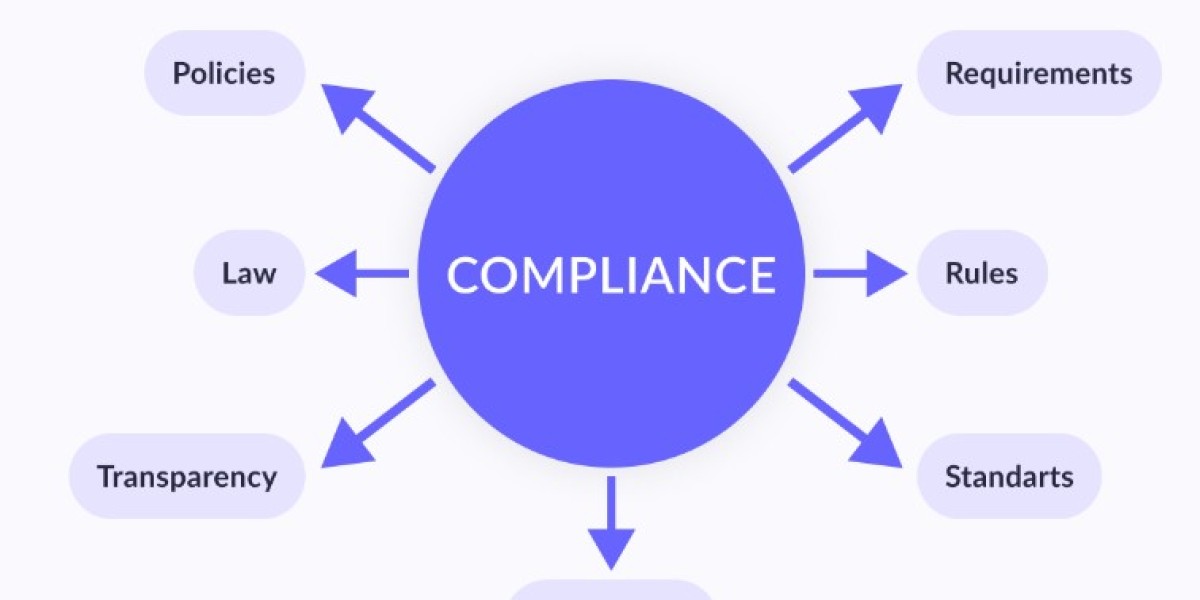In the fast-paced world of fintech, where innovation and technology converge to reshape the financial landscape, one critical aspect often takes center stage: regulatory compliance. Fintech companies must navigate a complex web of rules and regulations to ensure they operate within the bounds of the law. In this article, we will delve into the intricacies of fintech regulatory compliance, examining the key pieces required for success.
Understanding the Regulatory Landscape
The Fintech Revolution
The fintech revolution has brought about transformative changes in the financial industry. Startups and established companies alike are leveraging technology to create innovative solutions for everything from payments and lending to wealth management and insurance. However, with innovation comes the need for robust regulatory frameworks.
Fintech Regulatory Compliance Defined
Fintech regulatory compliance refers to the adherence to laws and regulations that govern financial technology activities. These regulations are designed to protect consumers, maintain the integrity of the financial system, and prevent financial crimes such as money laundering and fraud. Key pieces of fintech regulatory compliance include:
Key Components of Fintech Regulatory Compliance
Licensing and Registration
Fintech companies often need specific licenses or registrations to operate legally. The type of license required varies depending on the activities and services offered. It's essential to understand the regulatory requirements in your jurisdiction and obtain the necessary permits.
Customer Due Diligence
Know Your Customer (KYC) and Anti-Money Laundering (AML) procedures are fundamental in fintech. Companies must verify the identity of their customers, assess the risk associated with their activities, and report any suspicious transactions to the relevant authorities.
Data Security and Privacy
Protecting customer data is paramount in fintech. Compliance with data protection regulations, such as the General Data Protection Regulation (GDPR) or the California Consumer Privacy Act (CCPA), is crucial. Implement robust cybersecurity measures to safeguard sensitive information.
Transaction Monitoring
Continuous monitoring of transactions helps detect and prevent fraudulent activities. Automated systems can analyze transaction patterns and raise alerts when unusual or suspicious behavior is detected.
Reporting and Record Keeping
Maintaining accurate records and reporting financial transactions to regulatory authorities is mandatory. Timely and accurate reporting ensures transparency and accountability.
Navigating the Compliance Landscape
Compliance Officers
Appointing a dedicated compliance officer or team is advisable. They can keep abreast of regulatory changes, implement compliance policies, and ensure the company's operations align with the latest requirements.
Compliance Technology
Leverage technology to streamline compliance processes. Regtech solutions can automate compliance tasks, reducing the risk of errors and ensuring timely reporting.
Conclusion
In the ever-evolving world of fintech, regulatory compliance is not an option; it's a necessity. The compliance puzzle in fintech comprises several key pieces, including licensing, customer due diligence, data security, transaction monitoring, and reporting. Successful fintech companies prioritize compliance as a foundational element of their operations. By understanding and navigating the regulatory landscape, fintech firms can thrive, innovate, and build trust with customers and regulatory bodies alike. Remember, in fintech, compliance isn't just a piece of the puzzle; it's the glue that holds the entire picture together.








